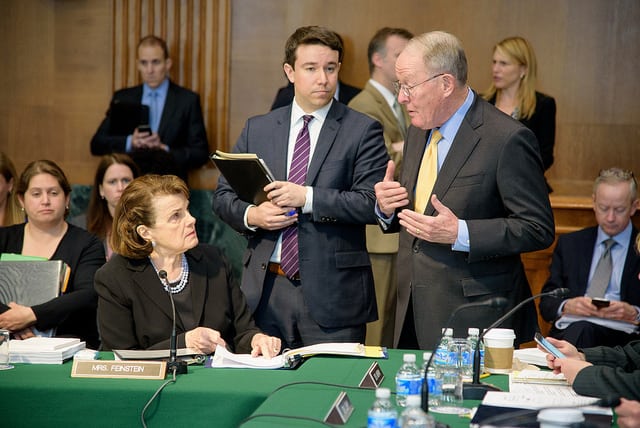
RadWaste Monitor Vol. 11 No. 47
Visit Archives | Return to Issue PDF
Visit Archives | Return to Issue PDF
RadWaste & Materials Monitor
Article 1 of 8
December 14, 2018
Old Hands to Stay at Senate Appropriations Energy Panel

The sitting leaders of the Senate Appropriations energy and water development subcommittee plan to remain in place when the next Congress convenes in January.
Staffers for both subcommittee Chairman Lamar Alexander (R-Tenn.) and Ranking Member Dianne Feinstein…
Partner Content